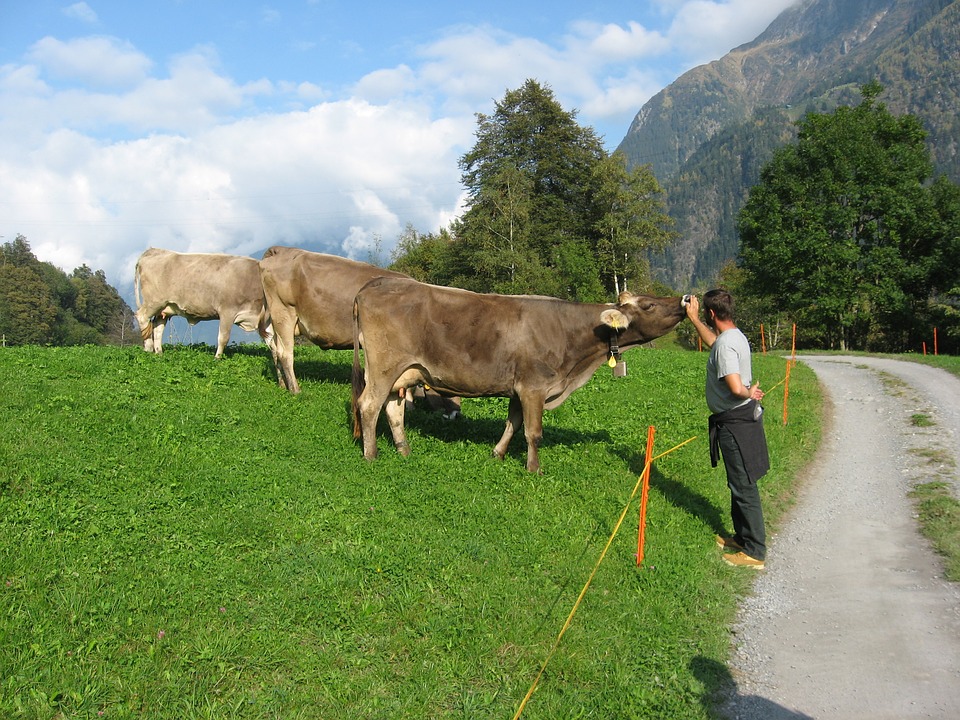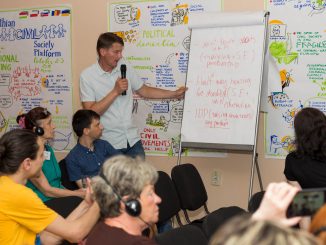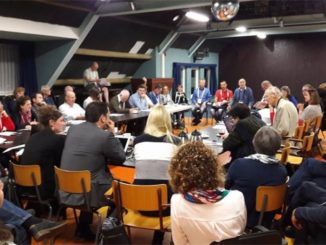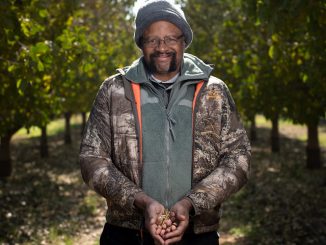by Sandra Šūmane
In the final of our rural sociology RETHINK Modernisation series, we present an article on knowledge.
“In nature, there are no dates”, says an Austrian farmer in response to the official regulations scheduling manure application on fields between early March and 30 November. This farmer’s own experience suggests adapting on the ground to unpredictable local weather conditions would bring about a more optimal result in manure application. So, in this farmer’s experience sustainable farming demands flexibility and adaptability – it cannot be prescribed in strict, uniform for-all-farms-and-fields formulas.
There is a growing awareness that transition towards more sustainable agriculture requires a new knowledge base in terms of both new content of knowledge and new processes of learning. Such a knowledge base should go beyond standardized science-driven solutions and integrate other knowledge sources – including farmers themselves – and learning modes. Within the EU-funded transdisciplinary Rethink project, we dig into farmers’ knowledge and learning practices in relation to constructing sustainable agriculture and strengthening agricultural resilience. Local farmer knowledge and informal learning practices turned out to be among the key knowledge sources farmers rely upon. This knowledge appeared critical for enhancing agricultural sustainability and resilience. Why is this?
Farmer knowledge is the result of farmers’ own curiosity, creativity and efforts. Ownership of self-made knowledge strengthens farmers’ professional identity, pride, confidence and willingness to farm – important in a context of a declining farming community.
Accumulated over a long time through personal experience in dynamic local settings, farmer knowledge forms a reliable basis for farming. The intimate knowledge of local conditions and resources improves farmers’ adaptive capacity to select solutions that fit their unique conditions best. Farmer knowledge generated in local contexts tends to be holistic. It considers the complexity of the realities in which farm’s operate. It integrates diverse dimensions of these realities, which involve not only technical aspects of production, but also environmental, social, economic, financial, and other dimensions into a single whole.
The diverse dynamic strategies of Latvian small farms illustrate how farmers develop and adapt their farms on the basis of their personal interests, family situation, the farm’s agro-environmental conditions, local traditions, market opportunities, available technical and financial resources, labour and public support.
For example, Gaiķi farmers converted to organic vegetable and fruit farming after market and regulatory conditions turned out unfavourable for their conventional pork and dairy business. They also learned from their experience that spreading pesticides can be ineffective and costly in unpredictable weather conditions. A neighbouring farmer introduced them to fruit growing and offered first strawberry seedlings. But facing little opportunities for small-scale organic farmers in conventional markets Gaiķi farmers explored and developed alternative sales channels. The farm’s development is planned also accordingly to available labour and public support to small and organic farms. The farm woman acknowledges that to farm successfully one needs a complex education – including agronomy, veterinary, farm and household management – and has to learn and adopt oneself constantly to changing environment.
In turn, many formal knowledge institutes, for a long time, have largely been preoccupied with the generation and dissemination of uniform solutions based in scientific knowledge and aimed at production issues. Therefore they have reinforced a narrow understanding of farming as being solely about the production of raw materials for industry. The more diverse impacts of farming and the wider knowledge needs of farmers have been downplayed.
In response, farmer knowledge and informal learning networks have been compensating for knowledge gaps in the formal agricultural knowledge system. In particular informal learning networks emerge for novel, niche, alternative farming practices and non-technical knowledge and skills, such as management, marketing, networking or the environment – areas formal training pays less attention to. A Danish farmer involved in the Odderbæk Stream Association, which is working to manage collectively the Odderbæk river valley, states “as farmers, we don’t learn anything about nature.” Realising this knowledge gap, the association has prioritized various learning events about environmentally friendly landscape management and biodiversity-enhancing initiatives in the local context.
Agricultural knowledge systems, particularly formal knowledge institutes, and agricultural policy makers still need to increase their acknowledgement of the value of local farmer knowledge. Farmers, along with other stakeholders, need to be recognised as equal co-authors of knowledge generation, and all kinds of knowledge, both formal and informal, need be brought together in innovation processes. The more recent emergence of multi-actor knowledge networks and closer collaboration between formal knowledge institutes and farmers indicates the development of more participatory, inclusive and comprehensive knowledge and learning processes. Such knowledge networking, which facilitate knowledge exchanges, joint learning and the generation of new more integrated solutions, are crucial if agriculture is to become sustainable and resilient.
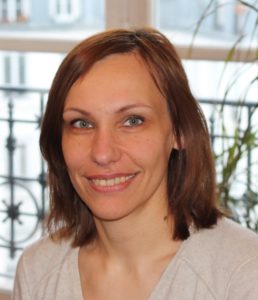 Sandra Šūmane is a researcher, with longstanding experience in national and European research projects on rural and agricultural development. Her major concern as a researcher is to contribute to transition towards more sustainable food systems. Hence her research work explores sustainable agriculture, local food chains, small-scale farming and agricultural knowledge and innovation. She is working at the Baltic Studies Center, Latvia.
Sandra Šūmane is a researcher, with longstanding experience in national and European research projects on rural and agricultural development. Her major concern as a researcher is to contribute to transition towards more sustainable food systems. Hence her research work explores sustainable agriculture, local food chains, small-scale farming and agricultural knowledge and innovation. She is working at the Baltic Studies Center, Latvia.
This series has been drawn from the special issue on Rethinking Modernisation in the November issue of the Journal of Rural Studies. For more see the editorial, the first paper and information on the entire special edition.
The RETHINK Modernisation rural sociology series in full
A More Resilient, Equitable & Inclusive Agricultural & Food System

